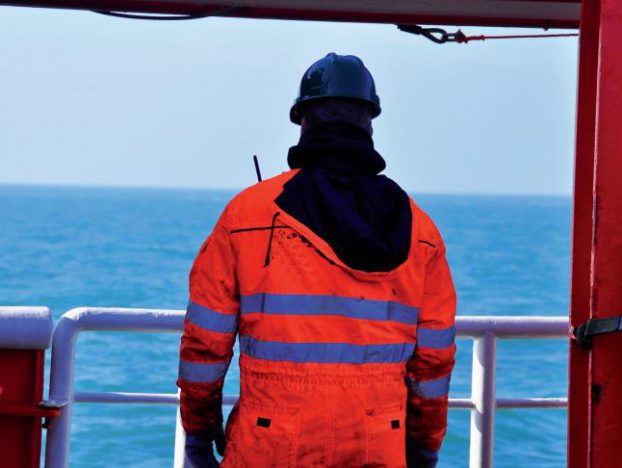
Written by: Jermaine Reid
In the last few weeks Jamaican news reporters have ensured that the Jamaican population is aware of the plight of thousands of Jamaican seafarers who want to return home but are unable to, since Jamaica closed its ports to cruise ships on March 14, 2020 in response to the first confirmed case of Covid19 on the island. Some persons may state that these seafarers’ have been abandoned, however, to determine what abandonment is under Maritime law one must examine the Maritime Labour Convention 2006.
On a cold winter morning of February 23, 2006 in Geneva, Switzerland a monumental day in Maritime Law history was unfolding at the International Labour Organization. After five years of intense meetings the Maritime Labour Convention (MLC) was now ready for signing by member states.
With the stroke of a pen and the submission of instruments of accession to the International Labour Organisation (ILO), Jamaica became a signatory to the Maritime Labour Convention on June 14, 2017. Seafarers who possess Jamaican citizenship are now protected by the extensive rights that this convention, dubbed the ‘Seafarers’ Bill of Rights’ conferred upon them.
The preamble of the MLC gives a clear coherent trajectory that its member states are expected to follow international standards on ship safety, human security and quality ship management. This is achieved by the five titles that the MLC is divided into:
1. Minimum Requirements for seafarers to work on a ship
2. Conditions of employment
3. Accommodation, recreational facilities, food and catering
4. Health protection, medical care, welfare and social security protection
5. Compliance and enforcement
Conditions of Employment This international convention is one of such a magnitude that delving into all five would be quite voluminous. Title two by its very nature of Conditions of Employment is the source of most legal disputes as it encompasses: A. Seafarers’ Employment Agreement B. Wages C. Hours of work and Rest D. Entitlement to leave E. Repatriation F. Manning
The issue of abandonment is often intertwined with breach of Employment Agreement, none payment of wages and unreasonable working hours, which results in the seafarer wanting to be sent back to their home country i.e repatriated.
Seafarers’ Employment Agreement
This agreement is the lifeline of the seafarers’ connection to the ship owner and the ship. The MLC dictates that it shall be clearly written, have seafarers contact details, ship owners contact details, location agreement entered into, amount of wages, annual leave, termination conditions, health benefits and any other particulars required by national law. The MLC further ensures that the rights of the seafarer is protected by ensuring that seafarers are given an opportunity to get independent advice before signing the agreement. The employment agreement is in essence the major document a seafarer will get from the ship owner and as such it should contain relevant information of the ship owner and adequately protect the seafarer by allowing him to know the ship owner’s duties and obligations from before he even signs the employment agreement. In the event the seafarer or the ship owner decided to commence litigation the parties will know exactly who and where documents are to be served.
To be continued….


